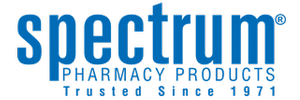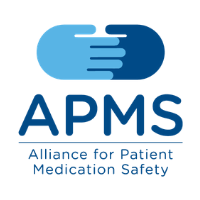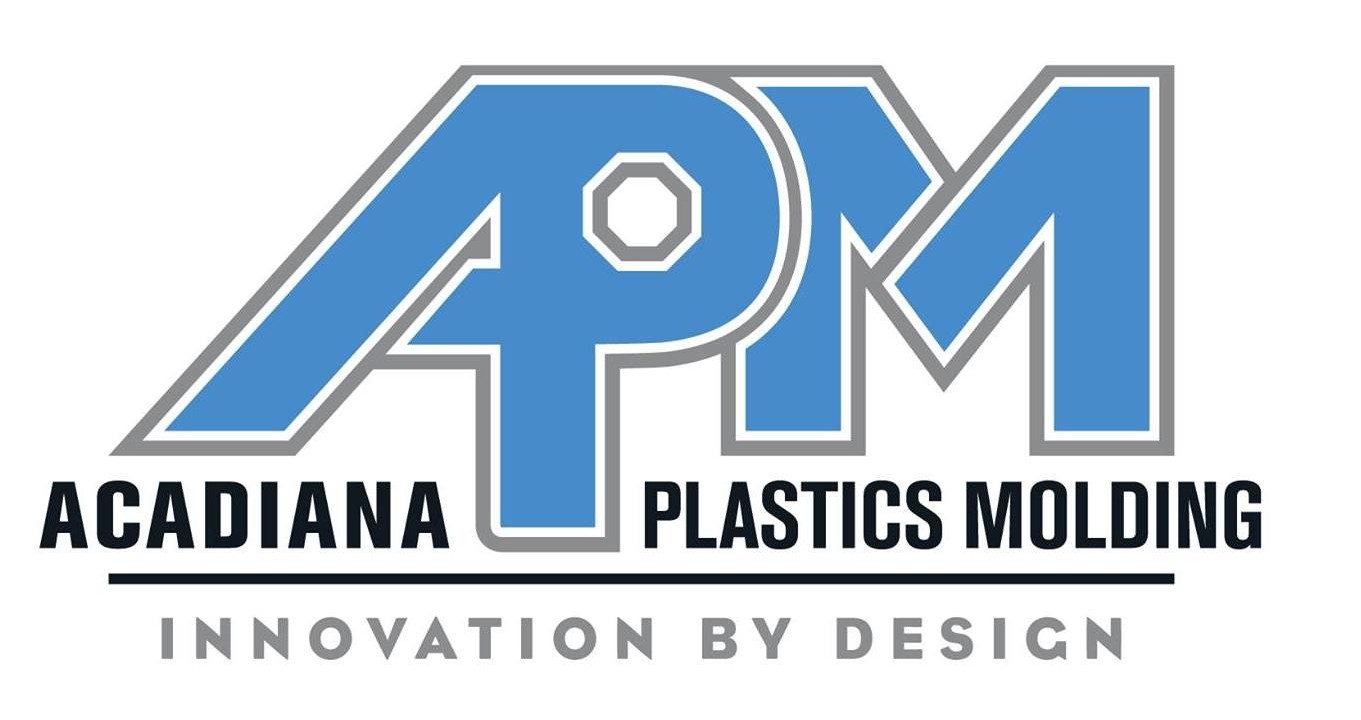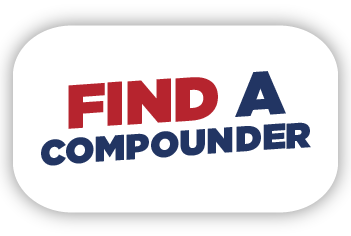April 25, 2024
Mass confusion?
This week we were made aware that the Massachusetts Board of Pharmacy was questioning a compounder in the state for compounding what the pharmacy had incorrectly referred to as “oral semaglutide.” The Board said what the pharmacy was doing violated FDA’s “essentially a copy” guidance. The only oral semaglutide is FDA-approved Rybelsus, of course. It’s not listed as “currently in shortage” on the FDA Drug Shortage List, and so preparing a compounded version of it would be illegal.
But what the pharmacy was actually compounding was sublingual semaglutide, using crushed, FDA-approved Rybelsus tablets as the API. That’s a formulation that is not governed by FDA’s “essentially a copy” guidance but instead is at the core of what compounding is: creating an alternative dosage form or strength of a drug when, in the judgment of a prescriber, it produces a clinical difference for the patient. And in this instance, the pharmacy wasn’t starting with bulk API; they were using the FDA-approved drug. Perfectly legal (well, except for incorrectly referring to it as oral rather than sublingual).
But the Board didn’t seem to see it that way. We think that’s wrong, of course, and we’re writing to them to comment on the matter.
Why am I telling you this? Because with the advent of sublingual semaglutide as a compounded therapy, you need to take care that you’re using the proper syntax in your marketing. It was the use of the word “oral” in this case that caught the inspector’s attention in the first place.
But not only that. You need to be able to demonstrate to inspectors that preparing and dispensing sublingual semaglutide pursuant to a legitimate prescription falls well within what is allowed in the Food, Drug & Cosmetic Act. For most boards, this is a new therapy, so best you be ready to educate them when they pay a visit to your pharmacy.
That’s not the only news out of Massachusetts this week. We also got wind that the Board has determined that, at least until FDA finalizes its 503B wholesaling guidance, 503A pharmacies based in the state may not source compounded drugs from 503B outsourcing facilities. However, the board says out-of-state 503As may ship patient-specific compounded drugs into Massachusetts that were sourced from an FDA-registered 503B.
Mass confusion is what I’d call it. We’re sharing it here so you won’t be confused. It’s just another way your APC team is watching out for you.
— Joe
 Joseph P. Navarra, RPh, FACA, FAPC is the owner of Town Total Compounding Center in Woodbury, New York. You can reach him at joseph.navarra@towntotalcompound.com.
Joseph P. Navarra, RPh, FACA, FAPC is the owner of Town Total Compounding Center in Woodbury, New York. You can reach him at joseph.navarra@towntotalcompound.com.
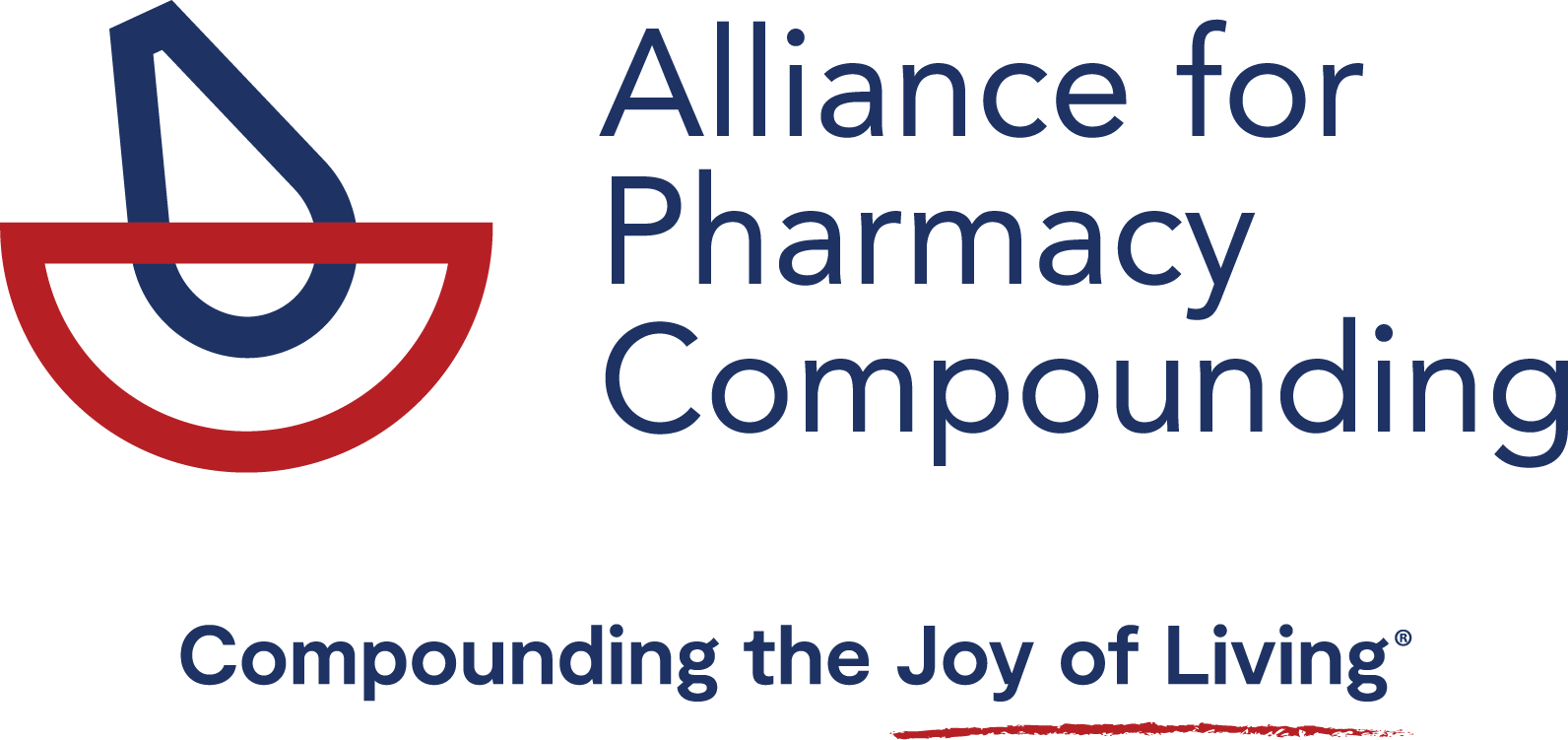





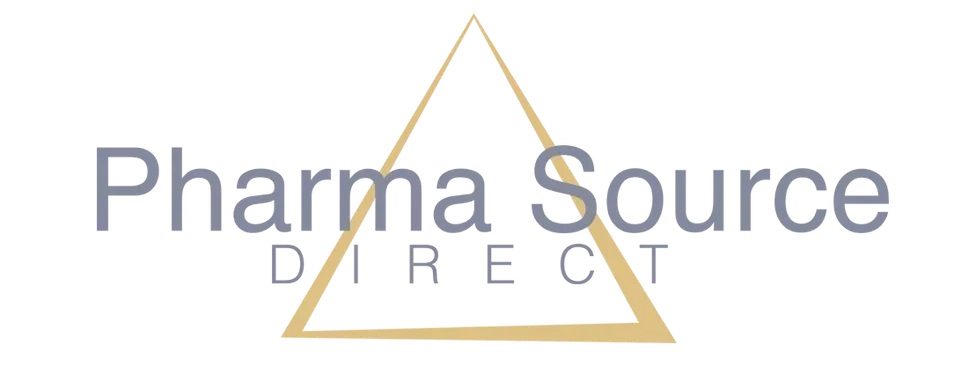




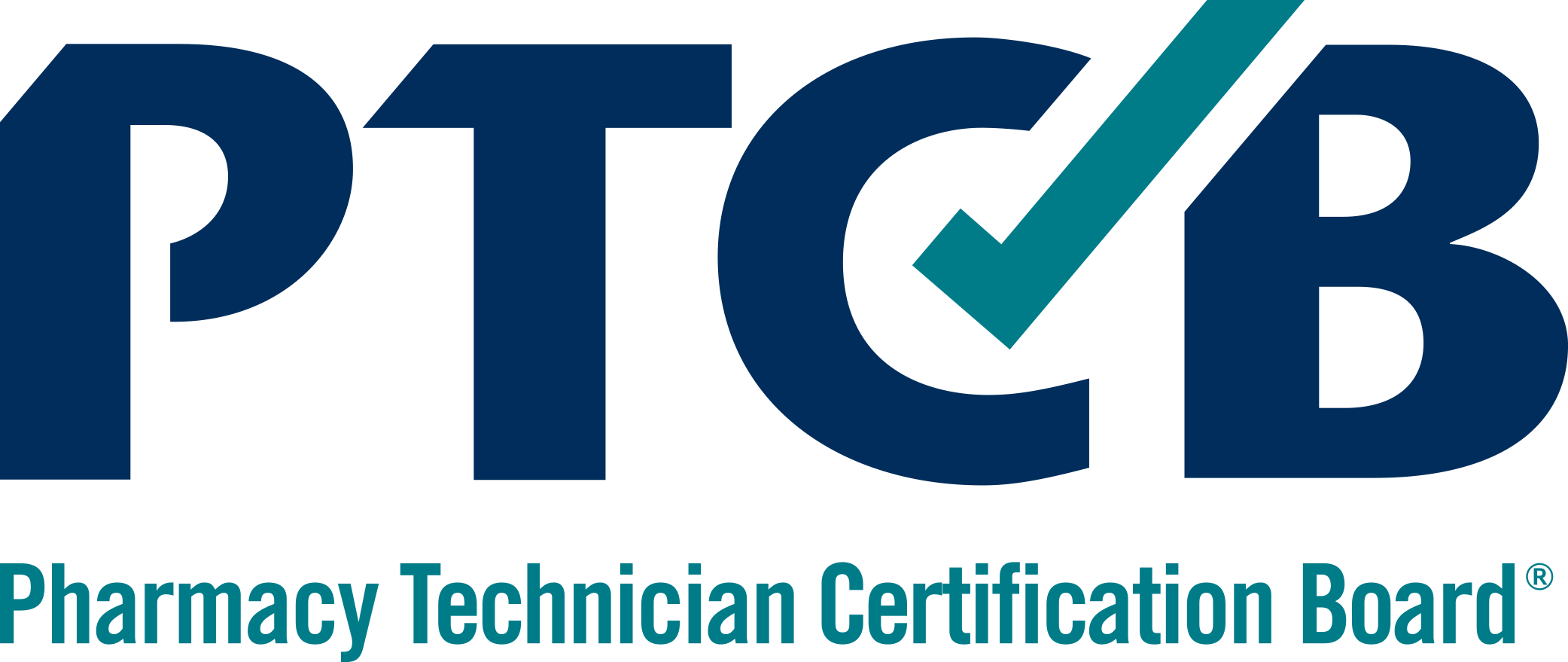

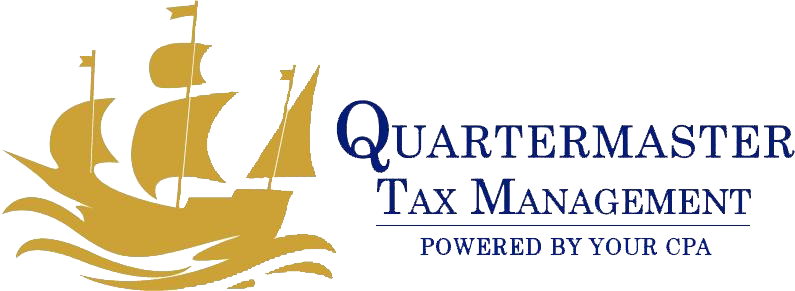
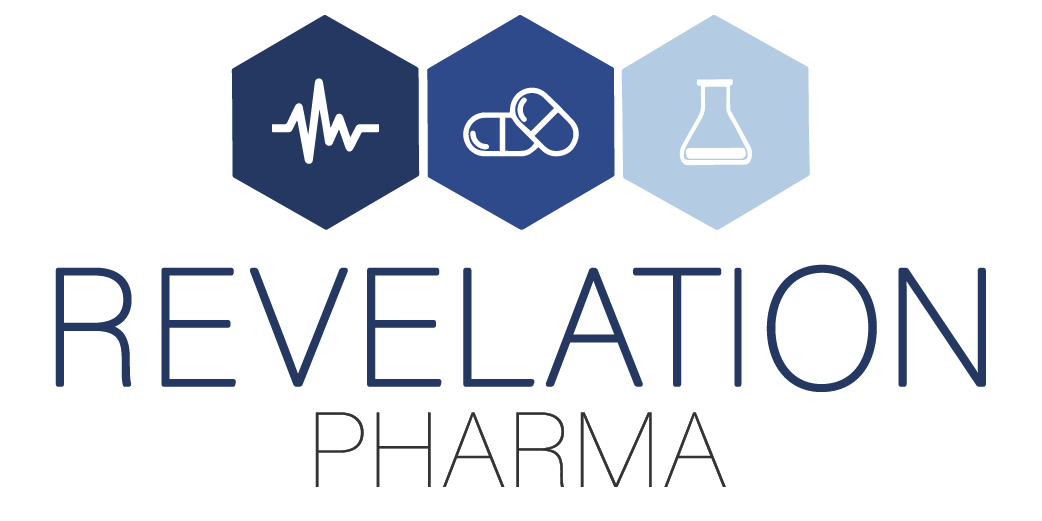
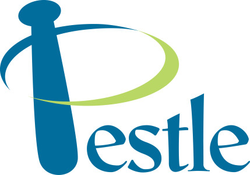
![Topi-CLICK a Division of TEAM Outlines[1]](https://a4pc.org/files/Topi-CLICK-a-Division-of-TEAM-Outlines1.png)
